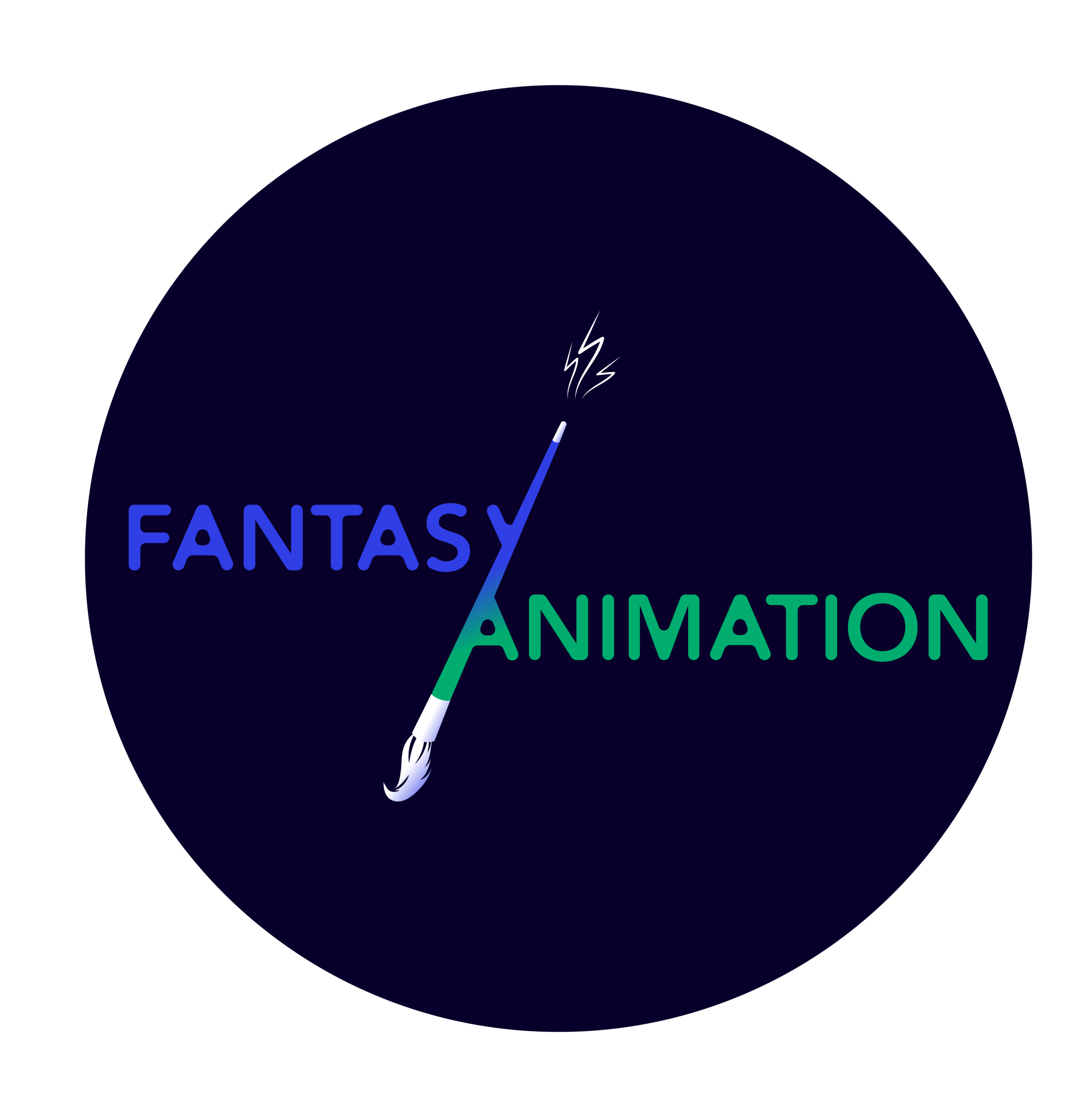Although the action genre may seem like nothing more than pure spectacle, there are very specific methods employed by action films to elicit these reactions and assumptions from the audience. Redline (2009), directed by Takeshi Koike, is a Japanese anime film that uses these techniques expertly. Action-packed in every sense of the word, Redline follows the story of Sweet JP, a racer with dreams of winning the infamous Redline race. However, he must overcome the mafia, authoritarian governments, and other deadly racers to achieve his goals.
Read MoreAt the beginning of 2022, the film industry news reported that writer-director Robert Zemeckis was already preparing a follow up to his then-upcoming Pinocchio (2022) with another fantasy movie, albeit one that might be described as a little more ‘sombre’ in tone, being an adaptation of the graphic novel Here by Richard McGuire.
Read MoreDon Corrigan’s light-hearted Nuts About Squirrels: The Rodents that Conquered Popular Culture (McFarland, 2019) makes the case for a squirrel as the dominant rodent of American popular culture.
Read MoreMarvel Studios’ most recent foray into television content, Loki (Michael Waldron, 2021) marks the start of a new phase in the development of the Marvel Cinematic Universe – one guided by multiplicity. Multiplicity is an inherent feature of franchised media products, an inevitable consequence of the sharing of intellectual property sources across multiple sites of production. In its attempt to unleash multiplicity upon the MCU, Loki engages in a metacommentary on the structures of industrialised creativity.
Read MoreNeil Gaiman should be a familiar name to aficionados of speculative fiction. His oeuvre is characterised by its variety of written forms and its tendency to draw on anything from whispered urban legends to ancient religious texts, and from Victorian high literature to 1980s pulp fantasy.
Read Morehe latest fantasy series released by Netflix is an adaptation of Leigh Bardugo’s “Grishaverse” novels. Bardugo’s books consist of the Grisha trilogy: Shadow and Bone (2012), Siege and Storm (2013), and Ruin and Rising (2014); there is also the Six of Crows duology: Six of Crows (2015) and Crooked Kingdom (2016); and there is the King of Scars duology: King of Scars (2019) and Rule of Wolves (2021).
Read MoreFantasy storytelling reached a new level of cultural visibility and mainstream popularity with the immense success of Game of Thrones (2011-19). As Game of Thrones rose to prominence, it inspired The Simpsons creator Matt Groening to develop a new animated series, his first major new series since Futurama (1999-2013).
Read MoreIn September 2018, after ten seasons following a human boy named Finn, his adoptive brother, a shape-shifting, talking dog named Jake (Fig.1), and their zany hijinks, quests, and adventures in the post-nuclear apocalyptic land of Ooo, cult-pop cartoon series Adventure Time (Pendleton Ward, 2010-2018) finally drew to a close. With themes of temporality, cyclicality, the apocalypse, and growing up, the narrative of Adventure Time seems to be in direct conversation with its time-constricted episodic television format, as well as the time-and-physics-bending medium of animation.
Read More







